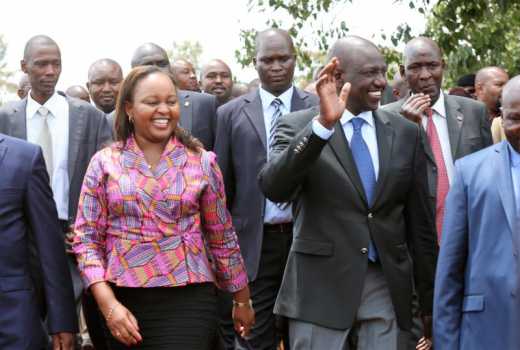×
The Standard e-Paper
Home To Bold Columnists

Since devolution was established in 2013, Kenya has made great strides. The core tenets of devolution have progressively been adopted into our governance systems and the benefits envisioned in our Constitution are slowly being felt at the grassroots.
There is confidence in our economy, several infrastructural projects are underway and healthcare reforms are in top gear.